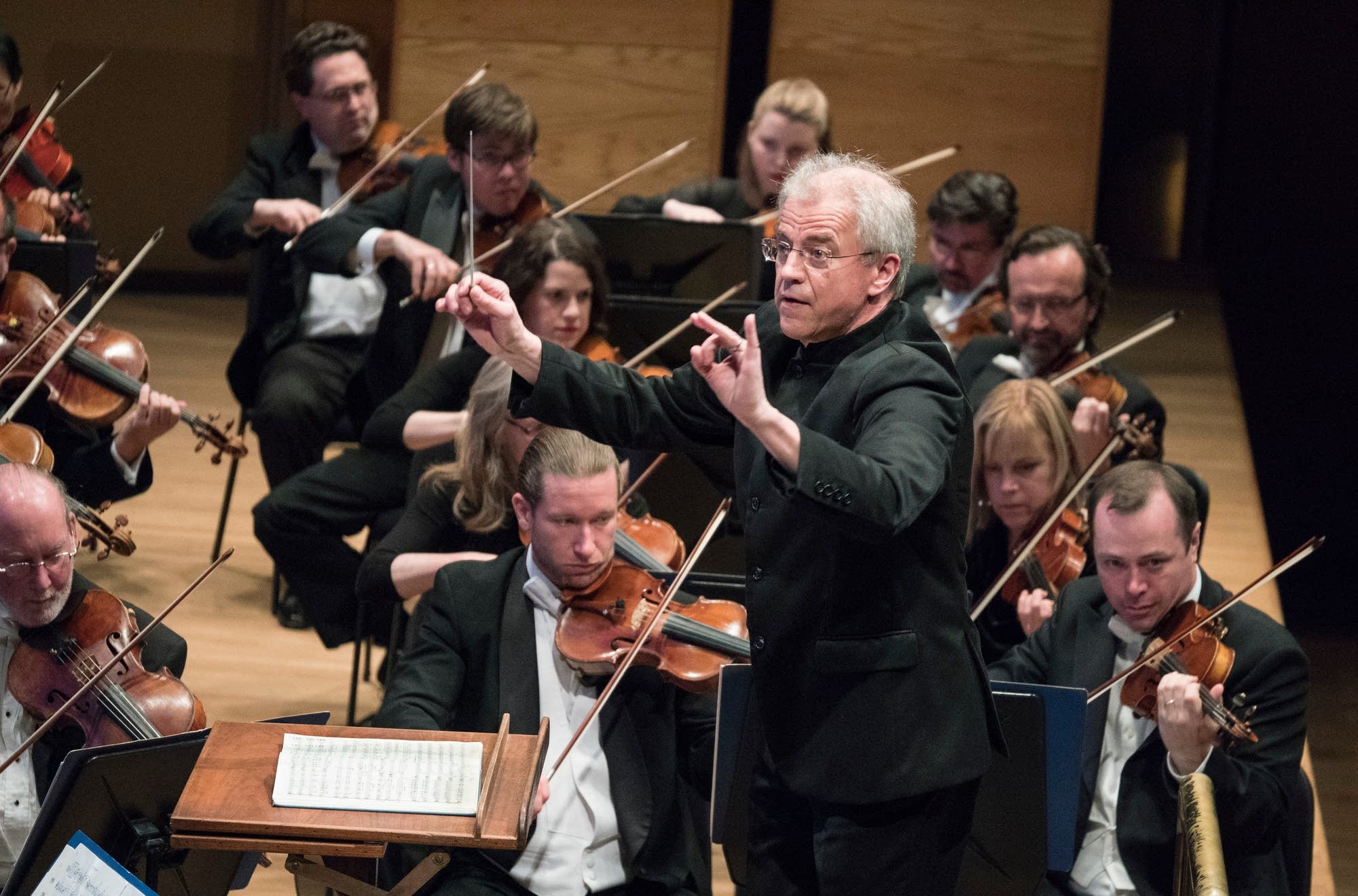Just in: Minnesota Public Radio in major merger
mainOne of the key US classical stations has merged with a tech co.
Minneapolis-based Public Radio International will merge with PRX, a Boston audio technology company, the firms said Wednesday.
The combined organization will reach an audience of 28.5 million people each month in broadcast and online, and have 56 million monthly podcast downloads.
Read on here.
And see clarifying comments below.






The headline might be confusing. “Minnesota Public Radio” (MPR) is part of American Public Media Group (APMG) in St. Paul, Minnesota.
PRI and PRX are different public radio organizations in Minneapolis, Minnesota.
MPR stations do air programs that are distributed by PRI and PRX, but they are separate institutions from MPR and APMG (which produces and distributes “Performance Today,” among many other classical music programs).
From another reader:
If I may offer a possible clarification on the merger of Public Radio International and PRX.
Neither of those organization have a significant presence in classical music broadcasting, though PRI has been a distribution partner with Minnesota Public Radio for Classical 24, a 24-hour classical music service used by a couple hundreds stations in the US. Most of PRI’s other distributed programming is of the news, talk and entertainment variety. PRX is also known for news, talk and entertainment programming along with a smattering of programs from other music genres and a number of personality oriented podcasts. PRI has been exclusively a radio program distributor, and you can see their list of programs here. PRX produces and distributes both podcasts and traditional radio. Here’s a list of what they do.
Minnesota Public Radio, which is a significant producer and distributor of classical music programming, is a completely separate organization and is uninvolved in this merger. However, to make matters more confusing, MPR created PRI as its distribution arm many years ago, then spun it off, then went through an ugly distribution divorce.
I realize public radio is a blizzard of incestuous organizations and confusing acronyms. It’s very hard for us insiders to keep track of it all, but in the end, I doubt the PRI/PRX merger will have much affect on the classical music radio business.
Don’t quite understand the classical music media love affair with Minnesota and Vanska. Zzzzzzzzzzzz.
+1
That’s OK. We don’t understand your love affair with your own fatuous opinions…
lol
It’s simple: they are just about the hottest orchestra/conductor combination operating in the U.S. right now (aside from Pittsburgh Sym/Manfred Honeck).
Pay a visit to Orchestra Hall in Minneapolis and experience it first hand!
Minnesota Public Radio (MPR) has nothing to do with the article that has been posted.
Public Radio International (PRI) is a program distributor that is based in the Twin Cities, but no longer has any significant affiliation with MPR or the bulk of MPR programming that is distributed across the country (using another syndicator/distributor) American Public Media.
The merger that is discussed in the article linked by NL has absolutely nothing to do with the Minnesota Orchestra broadcasts or the large number of other programs created by MPR.
Since I have worked in Public radio for 36 years let me clear this up. Minnesota Public Radio, which is owned by American Public Media, has nothing to do with Public Radio International anymore (they used to). Public Radio International is now owned by WGBH Boston (which owns WCRB Classical Boston) and it is merging with PRX.
Minnesota Public Radio is NOT in a major merger.
Always remember when BBC radio 3 had a whole weekend of classical music and culture from Minnesota PR. Must have been nearly 30 years ago !
Um, maybe correct the *totally* inaccurate headline?
I am mystified as to how Norman tied this story to MPR. Nowhere does the article even mention MPR – not even its past connection to PRI. WGBH *is* mentioned….
The results of this merger will probably be totally unnoticeable to the average public radio listener, unless the new company starts ditching old programs or launches new ones.
BTW, PRX is involved in distributing syndicated public radio programs. The average user can sign up for an account, and at one point I thought it would be an avenue for me to stream syndicated concert series that aren’t available on my local NPR/APM stations. No dice.